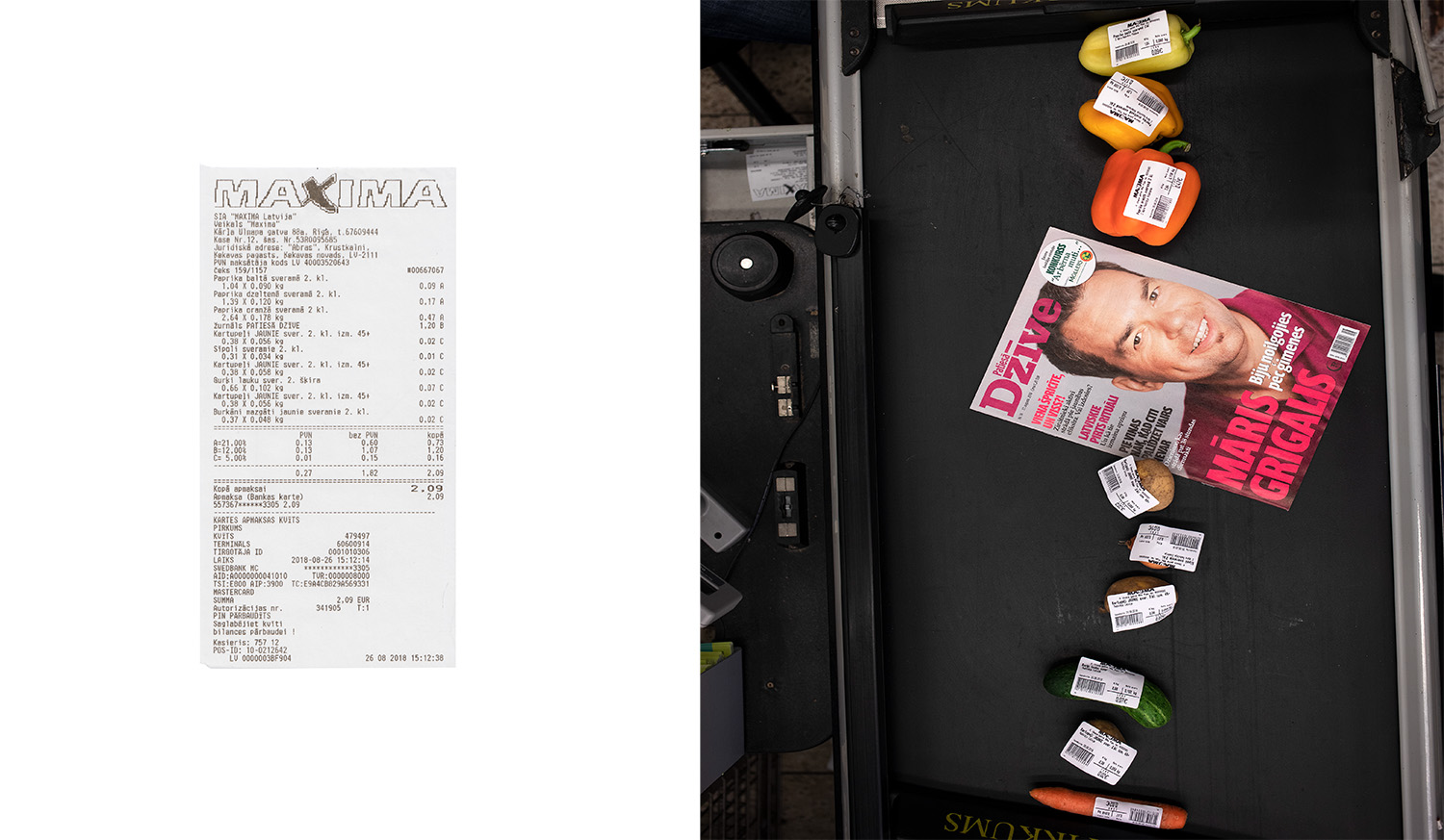What does it mean to be able to listen to an image? What does it mean to engage with photographs through sound? Could this change the way that we make contact with images?
If we can listen closely to images and imagine the scene beyond the frame, we may be able to respond to photographs beyond what we see with our eyes.
Sound is something that is constantly travelling through and around our bodies, even in this exact moment of time. Sound holds weight. Any object that can vibrate, is one capable of creating sound. So, what can we hear coming from the image?
Photo Challenge 1: What is beyond the Image?
This challenge is intended to interrogate the photographer’s perception of what is beyond the image, and how what we may see or hear, actually engages every one of our senses. By engaging with an image in this way, we can begin to embody the photograph and create a deeper connection to the images we create.
Create a series of photographs about objects that you consider to be ‘ordinary’. It might be mundane objects in your house, or something you notice on daily travels. Look for patterns and repetition.
Much like Ivars Gravlejs, look for the power in seeing beyond the singular photograph. Tell a story or create a poem with your objects. Create an extraordinary narrative by placing multiple photographs together. Mix and match, or play with the order. Do any new stories emerge when the order changes? Is there anything particular that unifies each image? Perhaps it’s the background, or a noise? Read out the poem, share your story.
Photo Challenge 2: Absence and Sound
What happens when we can’t identify where a sound is coming from? What impact does it have on us if we were to hear a voice, but not see the person who it’s coming from? What kind of interaction can you have with a photograph if you listen to images of people whose faces are absent?
Ivars Gravlejs Shopping Poetry series was inspired by facial expressions that shoppers make when looking at their grocery receipts. Make a photograph where the face of a person is absent. This might be a person looking away, or simply cut out the face or stick something on top of it.
Covid 19 is forcing us to adapt to new kinds of body language. Face masks and Zoom meetings have an impact on how we interact. We are so often drawn to faces, but if we are unable to read someone’s lips or see them laugh or smile, what stories are we able to imagine?

Comments from the Contributor
Sound is something that we think of as only reaching us through our ears. However, sound is actually vibration coming to contact with the surfaces of our skin. What kind of interaction do we have with a photograph if we attempt to hear what we cannot see? Can we form a new relationship with the background of the image? With the colour? With other objects?
Other artists our contributor thinks might inspire you
I would like to suggest students look at the work of Marcia Michael, a British artist challenging the presence of the black subject within the auspices of the family album. Michael’s practice centers on the reconstruction of the black family archive, injecting current discourses that speak about the black presence in Britain with a black feminist intergenerational visuality.
Other key artists I would suggest looking at are:
- Larry Achiampong
- Adama Jalloh
- Maxime Matthys
- David Hopper
- Ingrid Pollard
- Pranav Lal
- John Edmonds
- Kara Walker
- Aida Silvestri
This is a useful article too:
About the Contributor
Pelumi Odubanjo is a London- based multidisciplinary artist, writer and curator. Having recently completed her MA in Contemporary Art Theory at Goldsmiths University London, her work is informed by ongoing explorations in Black liberatory practice and methodologies. Her most recent projects include working with the Tate Exchange at Tate Modern, co-founding the art research collective Contakt Collective, and being a recipient of the Forshaw Fine Art Endowment in 2019.
Pelumi focusses her work on decolonial thought in practice and developing decolonial curatorial strategies, with her photography exploring constructions of black modernities through images of black subjecthood.

